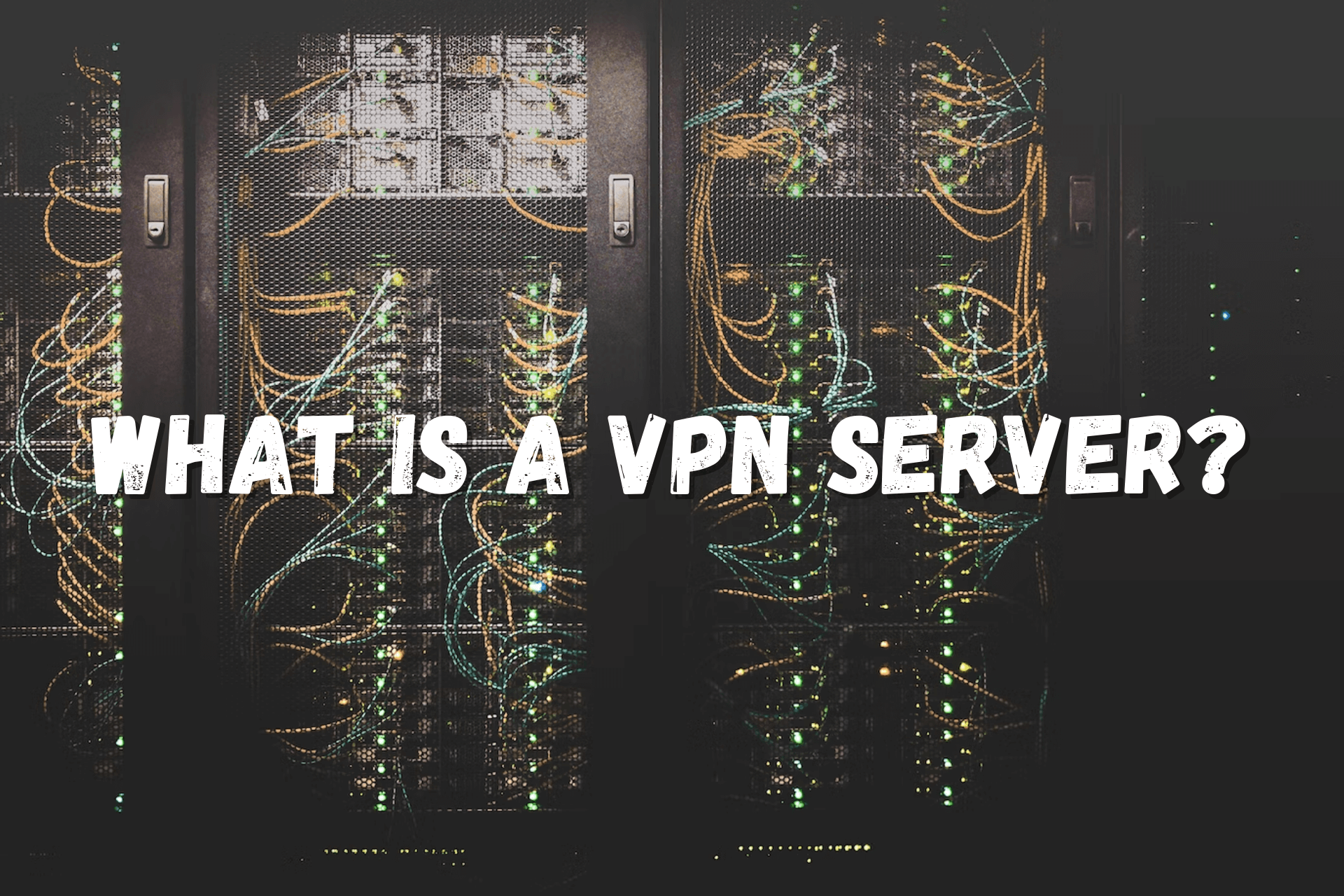What Is a VPN Server? [And Other Useful Information]

You’re probably aware that VPNs help protect your online identity and keep your sensitive data secure.
But, how do they do that?
We’ll cover that and other valuable information below, so keep reading!
What are VPN servers and how do they work?
VPN servers are standard servers (physical or virtual) that VPN providers use to host and deliver services to consumers. In other words, they allow you to connect to the Internet through them.
More specifically, they use a combination of hardware and software technology to allow a tunneling connection between your device and the server with the help of a VPN client.
The software hides your IP and redirects your traffic and data through a secure VPN tunnel using an encryption algorithm and a VPN protocol.
The process of establishing a VPN connection between a device and the VPN server is as follows:
- You first pick a VPN server from those available and connect to it.
- The VPN client encrypts your data before sending it to the VPN server.
- In turn, the server decrypts the requests and sends them to the web.
- Once the web server resolves the requests, the VPN server receives and encrypts them.
- The VPN server sends the encrypted data to the VPN client, which then decrypts it for you.
VPN IP vs. server vs. location vs. country
To avoid confusion, we briefly explain to you what are the differences between VPN IP, server, location, and country.
Although they are interrelated, each is inherently different.
➡️VPN IP: When you connect to a VPN server, your original IP address provided by your ISP is replaced with a new VPN IP assigned by the service.
➡️VPN server: VPN services route your traffic through the VPN servers available in their network. Also, each server uses many IP addresses that are shared among different users.
➡️VPN location: It’s the physical location (city) of the VPN server if both the server and IP are based in the same location. Otherwise, it’s just an IP location used by a server located elsewhere.
➡️VPN country: VPNs have servers spread across many locations in different countries. Thus, when you connect to a location in a certain country, the VPN IP will match that country.
What are the different VPN server types?
A server is a computer that uses hardware equipment or software technology to store, process (handle requests), and manage data for other computers or clients.
VPN servers basically perform the same function, the difference being that they are used by VPN providers to deliver services to end users.
Servers can be classified by various factors. The same applies to VPN servers, with some differences. Now, let’s take a look at the different VPN server types.
According to architecture:
➡️Dedicated servers: These can be traditional or bare-metal servers that use physical machines to store data. Also, they allocate all of their resources to a single tenant (client).
➡️Virtual servers (shared servers): They are also referred to as virtual machines since they emulate a physical server. Although they run on dedicated servers, their resources are shared.
According to how they store data:
➡️Servers that run on hard drives (disk servers): Typical VPN servers use hard drives to store user data. This means that your data will remain on the servers until it’s manually erased.
➡️Servers that run on RAM (diskless servers): They use RAM drives instead. Since RAM needs the power to store data, these servers are safer because data is removed when they are rebooted.
If you want to see practical scenarios, check out everyday VPN security use cases in 2025.
According to how they are operated:
➡️ Independently operated servers: These are owned and managed by the VPN provider exclusively. As a result, the provider has full control over the entire infrastructure.
➡️Third-party servers: As the name suggests, these servers belong to third-party data centers. This means that those who own the respective data centers maintain and control the servers.
According to their location:
➡️Physical servers: They are physically based in the specified location. As such, the IP address matches the real location and country of the VPN server you connect to.
➡️Virtual servers (virtual server locations): The IP address matches a location in a certain country, while the VPN server is physically located elsewhere.
Wrap Up
Knowing what a VPN server is and how it works can help you better understand the processes your VPN provider employs to secure your data.
To better grasp these differences and how the VPN concept compares with other networking approaches, check out our detailed breakdown of VPNs vs VLANs.
Do you have any more questions? Let us know in the comments below!
Read our disclosure page to find out how can you help VPNCentral sustain the editorial team Read more






User forum
0 messages